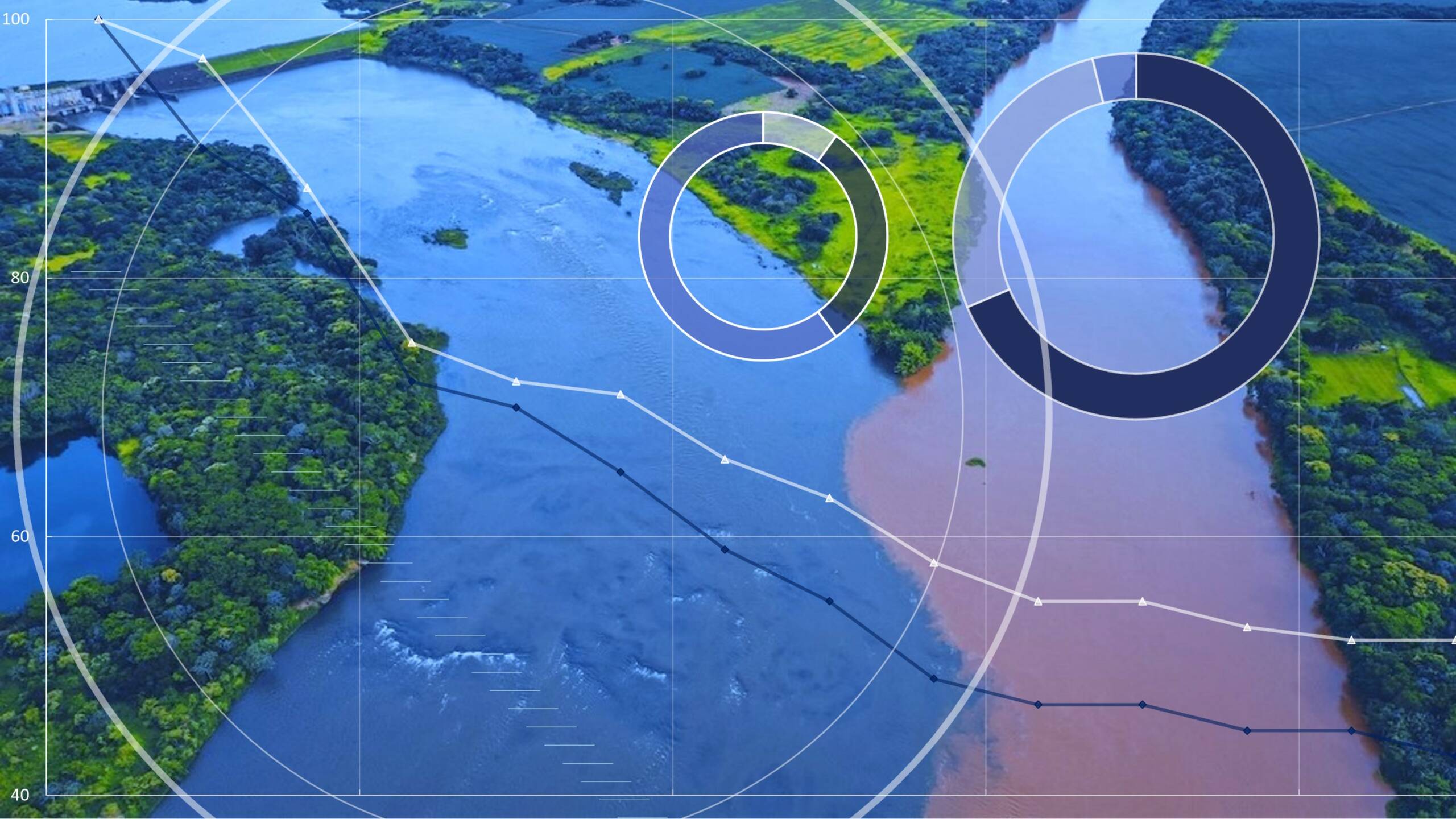The DESCAR-T registry was set up at the request of the health authorities to improve our knowledge of CAR T-cell therapies marketed in France to treat patients diagnosed with hematological malignancies. The objective of this registry is to collect data on the efficacy as well as on short- and long-term tolerance of these therapies in real-life setting.
Using the registry data, research projects to answer specific questions can be undertaken. One of these projects aims to compare a new treatment (evaluated in the BICAR clinical trial) with the current management of patients relapsing after CAR-T cell therapy.
Why is this project being implemented?
CAR-T cell therapies are new treatment that have revolutionized the management of lymphoma patients for more than three years already. However, research continues to develop new treatments, especially for patients who cannot receive CAR-T or who relapse after CAR-T cell therapy.

Most often, the last phase of a drug’s development, before its market access, is a “comparative” clinical trial (often called phase III trial). Patients are divided in two groups (two “arms”): in the first arm, patients receive an experimental treatment; in the second arm, they receive a treatment that is used in general practice (also known as a “standard of care”). It is the comparison between the two groups that allow to determine whether the experimental treatment is more or at least as effective than the standard of care.
These comparative trials are preceded by “non-comparative” trials (often called phase II trials). Phase II trials are used to evaluate the efficacy of a new treatment in a small population, without comparison a comparative treatment. As phase III trials are long and costly, new methods are being developed to identify as early as possible the therapies that are more likely to meet their expected results. For example, external comparison methods are developed to compare the results of a phase II trial with those obtained in a population that has received a standard treatment. This control group is known as a “synthetic” arm and can be generated using data from older trials or “real-life” data, such as what is available in the DESCAR-T registry.
The aim of the phase II BICAR trial is to assess the efficacy of glofitamab, a bispecific antibody treatment, in patients with diffuse large B-cell lymphoma who have relapsed after CAR-T therapy. A “synthetic” control arm will be formed with DESCAR-T patients who have relapsed after CAR-T and who have received one of the treatments currently offered in current practice. To ensure that the “synthetic” control group is comparable to the patients included in BICAR, DESCAR-T patients will be compared with BICAR patients on criteria such as age, sex, previous treatment and the characteristics of their disease.
What are the objectives of this project?
The objectives of this project is to provide information on the efficacy of glofitamab to treat patients who have relapsed after CAR-T therapy, compared with the therapeutic solutions currently available for these patients.
This project will thus serve to inform further research and development of this new bispecific antibody, the glofitamab, and possibly improve the management of patients relapsing after CAR-T treatment.
How will the project be carried out?
This project will use data from patients included before September 2023 in the DESCAR-T registry with diffuse large B-cell lymphoma who have relapsed after CAR-T therapy. The analyses for this project will be carried out entirely by the LYSARC, who manages the DESCAR-T registry and the BICAR study. The results of these analyses will be available early 2024.
No individual data of patients included in the DESCAR-T registry will be transferred to the pharmaceutical company, Roche, who is developing glofitamab. Roche will only receive a report of aggregated results from this analysis. Furthermore, the data held by the LYSARC cannot be linked to the identity of a patients because it is pseudonymized when filled in the registry: a unique number is assigned to each patient when they are included in DESCAR-T.
FOR PATIENTS HAVING RECEIVED CAR-T THERAPY IN FRANCE
What does this project involve for you?
This project uses the data of patients included in the DESCAR-T registry, with diffuse large B-cell lymphoma (DLBCL) treated in France who relapsed after CAR-T therapy.…
If you are in this situation and you accept that your data will be used for this project, this has no direct implication for you.
What should you do about this project?
There are two options:
- You do not object to the use of your data for this project:
→ In this case, you do not have to do anything.
- You wish to object to the use of your data in this project:
→ In this case, please inform the doctor at the center where you have received your CAR-T treatment. You can also notify your decision by email at: dpo@lysarc.org.
You can find more information about your rights to object to the use of your data on the page “I am participating or have participated in a clinical trial“.